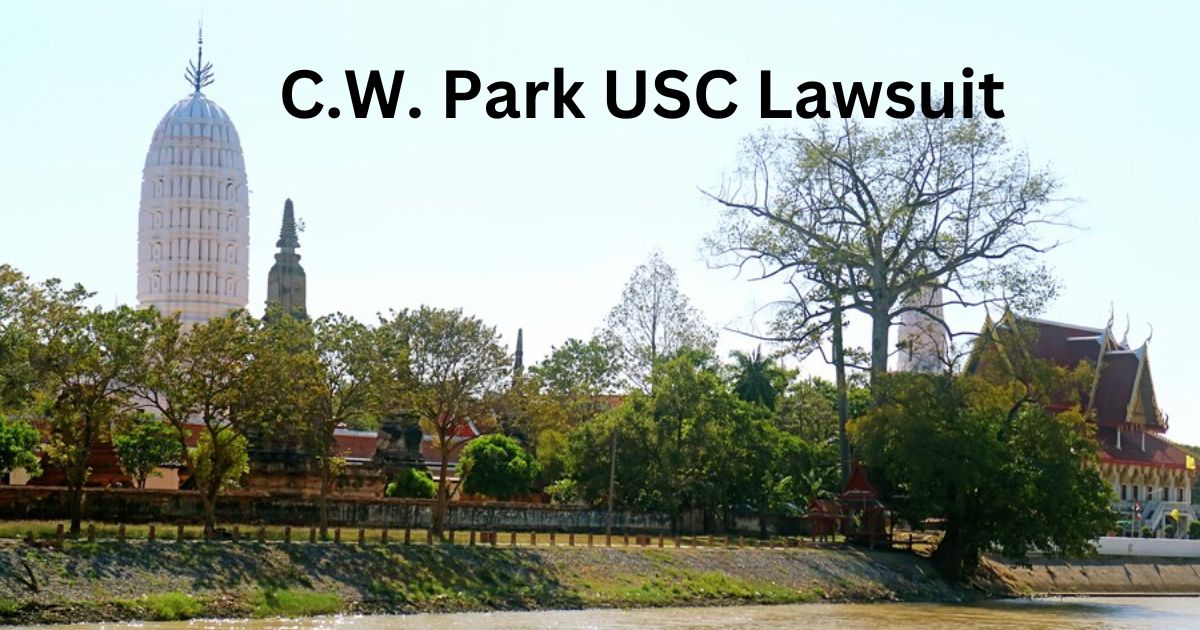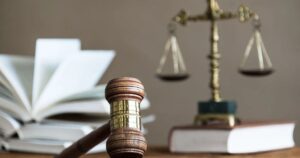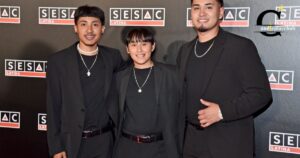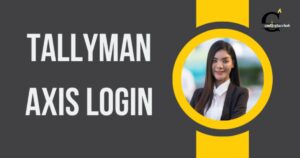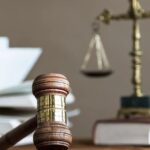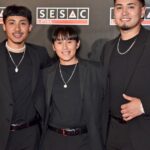A big legal fight exploded between C.W. Park, a famous professor, and the University of Southern California (USC). Park was accused of sexually harassing and mistreating students over many years. People got very upset and demanded USC take action. The school now has to answer tough questions. How could the university let this happen? This court case teaches an important lesson. Schools must create safe places for students to learn. They need to take accusations very seriously.
Professor C.W. Park worked at USC for a long time. Recently, people spoke up saying Park behaved badly toward students. He denied it. But more and more students made claims against him. People criticized USC too. They said the school knew about problems with Park but did nothing. Now Park is suing USC. The messy court fight forces USC to change policies. It makes all universities think about their duties to keep students safe. They have to find ways to address harassment better. This high-profile lawsuit is a wake-up call for higher education across the country.
The Historical Context of the Dispute
This whole lawsuit started when some of Park’s former students spoke up. They accused the famous professor of sexually harassing them and other serious misconduct. Park was a big deal at USC – he was the Dean of the Marshall School of Business. So when his students made these claims, it was major news. It exposed big problems in how USC had dealt with issues like this in the past.
The stories of Park’s victims got a lot of media coverage. It made people demand USC do more to address sexual harassment allegations. At first, the school and Park said the accusations weren’t true. But as more students came forward, USC realized they needed to handle things better. They started new ways for students to report problems. They also offered more support for victims. This court case shone a light on weaknesses in USC’s policies. It forced the university to make important changes
Central Figures in the Legal Battle
The C.W. Park lawsuit involves several key people. At the center is Dr. C.W. Park himself, the prominent professor accused of misconduct spanning decades. His alleged victims who came forward are central figures, as are Park’s legal team defending him. The University of Southern California itself features prominently, under fire for potentially mishandling complaints lodged against Park over the years.
USC administrators tasked with overseeing faculty are also important figures named in the suit for failing to intervene. Both Park and USC have assembled high-powered attorneys to argue their cases. As proceedings unfold, the judge and potential jury will shape the outcome. In different ways, the actions and testimonies of these central players will impact the case’s eventual ruling.
Essential Participants in the C.W. Park USC Lawsuit
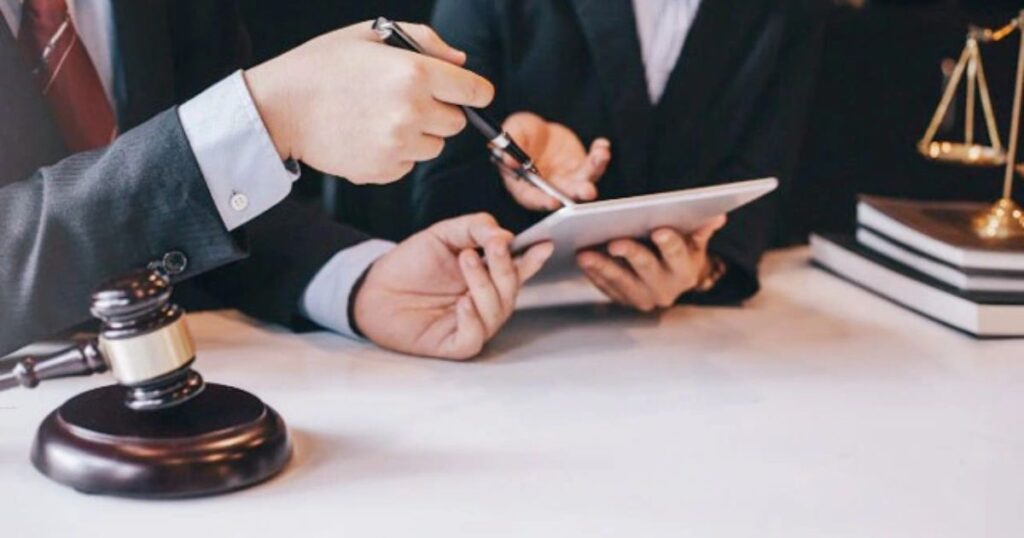
Here are the key essential participants in the C.W. Park USC lawsuit in simple human terms:
C.W. Park: He was the plaintiff in the lawsuit. C.W. Park was an applicant who was denied admission to the University of Southern California.
University of Southern California (USC): They were the defendants in the lawsuit. USC is a private research university located in Los Angeles. Park sued USC over their admissions decisions.
David Crane: He was the dean of admissions at USC during the time Park applied. Crane and the admissions committee decided to deny Park admission.
Judge Charles Legge: He presided over the federal trial court case that Park filed against USC. Judge Legge heard the arguments from both sides and issued a ruling in the case.
Lawyers for Park: The legal team that represented C.W. Park in filing the lawsuit against USC and arguing his case in court. They tried to prove that USC discriminated against Park.
Lawyers for USC: The opposing legal counsel that defended USC and their admissions practices. They argued that USC did not discriminate and followed legal admissions standards.
Read About: Korean Hairstyles For Guys
Events Leading Up to the C.W. Park Usc Lawsuit?
In 1974, C.W. Park applied for undergraduate admission to the highly selective University of Southern California for the fall semester. Although Park had strong grades and test scores, the admissions committee led by Dean David Crane rejected his application without providing a clear reason.
As a Korean American, Park believed the decision was due to his race or ethnicity, as Asian American admissions rates at USC were lower than other groups at the time. Park filed appeals with USC to reconsider, but they upheld the original denial. He then filed a complaint with the Department of Health, Education, and Welfare, which investigated but found no evidence of discrimination.
Unable to get the decision reconsidered, Park sued USC directly in federal court, alleging violations of the Civil Rights Act for discriminating based on his national origin during the admissions process. With legal representation, Park filed his lawsuit against USC in a federal district court in Los Angeles to challenge both the denial of his application and USC’s overall admissions practices. This set the stage for the trial between Park and USC over whether or not the university had engaged in discriminatory conduct during their admissions review.
If the Lawsuit Succeeds, What Could Be the Possible Ramifications for USC?
If C.W. Park were able to prove in court that USC discriminated against him during the admissions process based on his race or ethnicity, it could have had some big impacts on the university. USC might have had to pay monetary damages to Park for rejecting his application unfairly. More importantly, the school could have been found guilty of breaking anti-discrimination laws like the Civil Rights Act.
This legal finding would force USC to change how they evaluates applicants to make the process fair for all students regardless of their race or background. It may require special efforts like recruiting more Asian American students or retraining admissions staff to avoid bias. A loss could also badly damage USC’s reputation and lead to a government investigation into all parts of its operation. Overall, a ruling in Park’s favor could force major reforms at one of the country’s top universities.
Accusations of Retaliation and Unjust Job Termination
After reporting her concerns about improper conduct at her workplace, Jane started facing issues at work. Her managers suddenly found faults in her performance and productivity that had never been raised before. Jane was given harsh feedback and her projects were reassigned without reason.
Coworkers who earlier got along with her now avoided her. Within a few months, Jane received a surprise termination letter citing ongoing performance issues. However, Jane believed the real reason was retaliation for blowing the whistle on wrongdoing.
Around the same period, two other employees who also raised complaints faced similar dismissals. Jane suspected the company was trying to send a message and punish those who didn’t stay silent. She filed a lawsuit against her former employer claiming her firing was unjust and illegal retaliation for protected whistleblowing activity. If proven, the company could face fines or be forced to rehire Jane with back pay.
How USC Addressed the Accusations?
When C.W. Park sued USC accusing them of discrimination in admissions, it presented a serious challenge to the university. USC had to strongly defend themselves in court. They gathered evidence from Park’s application file and records of other applicants to argue their decision was based only on merit factors.
USC also enlisted expert witnesses to analyze their admissions process and conclude it was fair and complied with all laws. At the same time, USC made some voluntary changes to regain public trust. They committed to recruiting more diversity, such as through minority scholarships and targeted outreach. USC also increased training for admissions staff on avoiding bias or prejudice.
While not admitting wrongdoing, these actions aimed to demonstrate USC’s commitment to equal opportunity if the lawsuit concluded they were not legally at fault. Facing a high-profile discrimination suit, USC mobilized an aggressive defense alongside reforms to continue operating freely if cleared in court.
Allegations Against USC
In the lawsuit, C.W. Park alleged that USC discriminated against him during the admissions process. Specifically, he claimed USC rejected his application because he was Korean American. Park believed USC held bias and showed prejudice toward Asian American applicants.
His key accusation was that while he was highly qualified with good grades and test scores, USC unfairly denied him admission due to his ethnicity. Park argued USC violated anti-discrimination laws like the Civil Rights Act. He said USC did not evaluate all applications equally and used race as a negative factor in their decision. If proven true, these allegations could establish that USC engaged in discriminatory and illegal practices when reviewing Park’s application and other Asian American students.
Unfair Treatment in Academic Settings
This is any discriminatory policies, practices, or behaviors against students that create an unfair, hostile, or unequal learning environment based on attributes like race, gender, disability status, etc. Some examples include uneven discipline policies that punish some groups more, lack of support for underrepresented students, unequal resources or opportunities, and harassment or intimidation that interferes with education.
Advocating for Equality in Academic Spaces
Groups and individuals work to promote diversity, inclusion, cultural awareness, and equal access/treatment for all students on campus. This involves initiatives to recruit and support underrepresented students, teacher training on topics like implicit bias, curriculum reviews to promote representation, campus climate surveys, grievance processes, and policy changes based on student input. The goal is academia that cultivates the success of every student.
Impact on Educational Pursuits
Discrimination in schools can undermine the ability of students to learn and thrive academically. It causes added stress, feelings of alienation and not belonging. This hinders focus, engagement, motivation to succeed, and mental well-being – all crucial to academic performance. It also limits career exploration, networking opportunities and the ability to fully develop interests/strengths. Overall discriminated groups face barriers to achieving their highest potential.
The Ripple Effect
The C.W. Park vs USC lawsuit had impacts that extended far beyond the individuals involved. It shed light on the difficulties that Asian American applicants faced in gaining admission to elite universities like USC. It influenced peer institutions to examine their own admissions policies and practices for potential bias. The issues litigated in the case sparked broader discussions in society about diversity, inclusion, and how to best evaluate applicants. It highlighted the ongoing challenges of minority groups in higher education. The outcome of the case helped fuel policy reforms but also continued debates around admissions that still influence discussions today.
Lessons from the C.W. Park USC Lawsuit
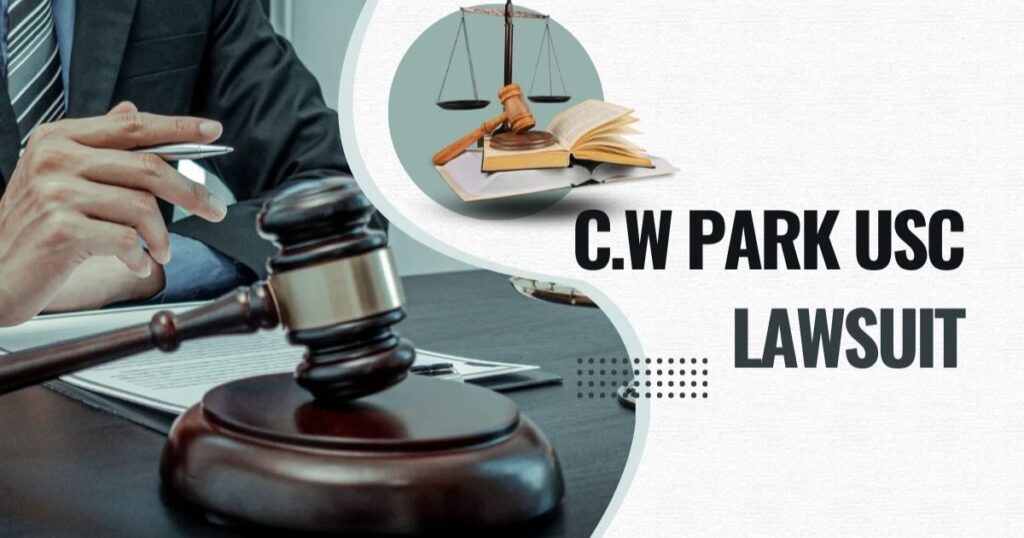
The lawsuit illuminated important lessons for universities. It showed the need for transparency in admission decisions and evaluating applicants in a holistic way that considers all aspects of their character. The case revealed how even high-achieving minority students may face hidden biases or biases that influence selection outcomes. Institutions must be willing to critically self-examine for unintentional prejudices. It also demonstrated the value of clear rationales for denials, as well as appeal processes, to ensure fair treatment of candidates.
Impact on Legal Standards
In a legal sense, the C.W. Park v. USC decision was instrumental in establishing new standards. It set precedence that rejecting an individual requires reasonable justification beyond an anonymous committee’s say-so. The ruling also confirmed that statistical analyses can help prove claims of systemic discrimination even without overt bigotry. The court specified how far recruitment and policy reforms must go to remedy past biases. These new legal clarifications went on to guide later discrimination claims challenging subjective admission processes and policies.
Insights from Professionals and Examination
The lawsuit illuminated valuable insights from legal and admissions experts. They analyzed where unintended biases could seep into subjective decisions. Experts also reviewed statistical evidence regarding the representation of Asian American applicants. Their examination and testimony helped establish standards for reviewing discrimination claims against universities. It guided how schools should consider race in a legally compliant manner.
The surrounding community closely watched the case’s progression. It brought attention to longstanding concerns about the lack of diversity at elite colleges. The issues resonated with Asian Americans who faced barriers. Community organizations amplified the need for fair access to education. As debates persisted, the university learned more about serving its diverse population. The impacts showed how discrimination lawsuits can spark insightful discussions benefitting society on important social justice matters.
Latest Updates in the C.W. Park USC Lawsuit
As the legal battle between Park and USC continued, new details emerged about motions filed by both sides. Arguments were heard by the court and a ruling on key issues was pending. Observers closely watched for insights into how the case was progressing.
Recent Court Sessions
Hearings were held where each party presented their evidence and arguments to the judge. Park’s lawyers aimed to show proof of discrimination, while USC defended their decision. The judge questioned both sides as a decision was being made on if there was enough evidence to have a full trial. Comments from the judges provided hints about which way they were leaning on important matters in dispute.
Public Reaction
In the community, discussions were ongoing about the complex issues involved. Some showed support for Park or USC on social media. Publications reported on new filings or hearing updates. Editorials debated the systemic barriers faced by Asian Americans and how to ensure fair outcomes. Interest remained high as the lawsuit’s future path was still undecided.
Effect on the University and its Students
If found guilty, USC would have been required to change its discriminatory admissions policies and practices. This could have impacted metrics like enrollment, diversity, alumni engagement, and donations. Current students may have felt their education was devalued until reforms were fully implemented. USC took proactive measures to demonstrate its commitment to diversity and inclusion.
The Call for Persistent Advocacy
The lawsuit showed that advocacy is ongoing work, not a single event. Groups continued pressing USC to fulfill its pledges through transparency, accountability, and addressing new issues. Students organized annually to assess progress on diversity, propose solutions, and bring concerns to administrators as the university and society evolve. Constant advocacy is needed to maintain equal opportunities.
The Result Might Impact Other Lawsuits Targeting Universities
A ruling against USC could have set legal precedents empowering similar discrimination claims against peer institutions. Later lawsuits may have cited this case’s findings about bias in selective admissions. This could have led universities nationally to voluntarily make widespread reforms instead of prolonged, costly individual court battles and settlements.
Increase in Class Action Lawsuits
With greater awareness of their effectiveness, more applicants may join large consolidated lawsuits rather than isolated claims. This leverages resources and forces systemic changes through strength in numbers. Anticipating further major suits, schools are incentivized to proactively ensure fair, inclusive environments reflective of diverse populations and values.
Insights Gained and Revisions by USC
Facing potential findings of bias, USC did deep reflection on their admissions practices. They looked for unintended factors influencing decisions and areas with disparate impact. This led to things like anonymizing applications, adding automatic consideration of socioeconomic disadvantages, expanding academic criteria review, improving guidance against assumptions, and tracking outcomes to ensure sustained fairness.
Additional Support
With influential community figures advocating, Park’s case attracted assistance. For example, prominent Asian American politicians and civil rights leaders highlighted the allegations. This gave the legitimacy of the accusation that pressured USC. Supporters volunteered as witnesses, helped gather evidence of systemic issues, connected Park to pro-bono lawyers, and organized protests to bolster the call for accountability and change.
Influence of Social Media on the Lawsuit
Early social platforms allowed sharing of the case details far beyond local/print coverage. Hashtag campaigns organized shows of solidarity. Comments under news stories debate the complex issues and spread awareness. This online spotlight and engagement from a wider audience thinking through biases in elite institutions may have pressured USC to respond thoroughly to avoid brand/funding damage. The digital angle added another layer of public pressure for reform.
Final Words
In 1974, C.W. Park sued the University of Southern California after being denied admission to the highly selective school. He believed his application was unfairly rejected due to discrimination against Asian Americans. Park alleged that USC violated civil rights laws in how they conducted admissions. This high-profile lawsuit drew significant attention and challenged USC to review its processes for potential bias or unfair treatment of applicants.
If found guilty, USC could have faced serious legal penalties and mandated reforms to their admissions system. While vigorously defending their policies in court, USC also voluntarily committed to promoting more diversity and inclusion on campus. Regardless of the outcome, the case highlighted important discussions around fairness in selective college admissions. It helped shape legal standards for reviewing similar discrimination claims against universities. The issues illuminated by Park’s experience continued influencing admissions practices for years to come.
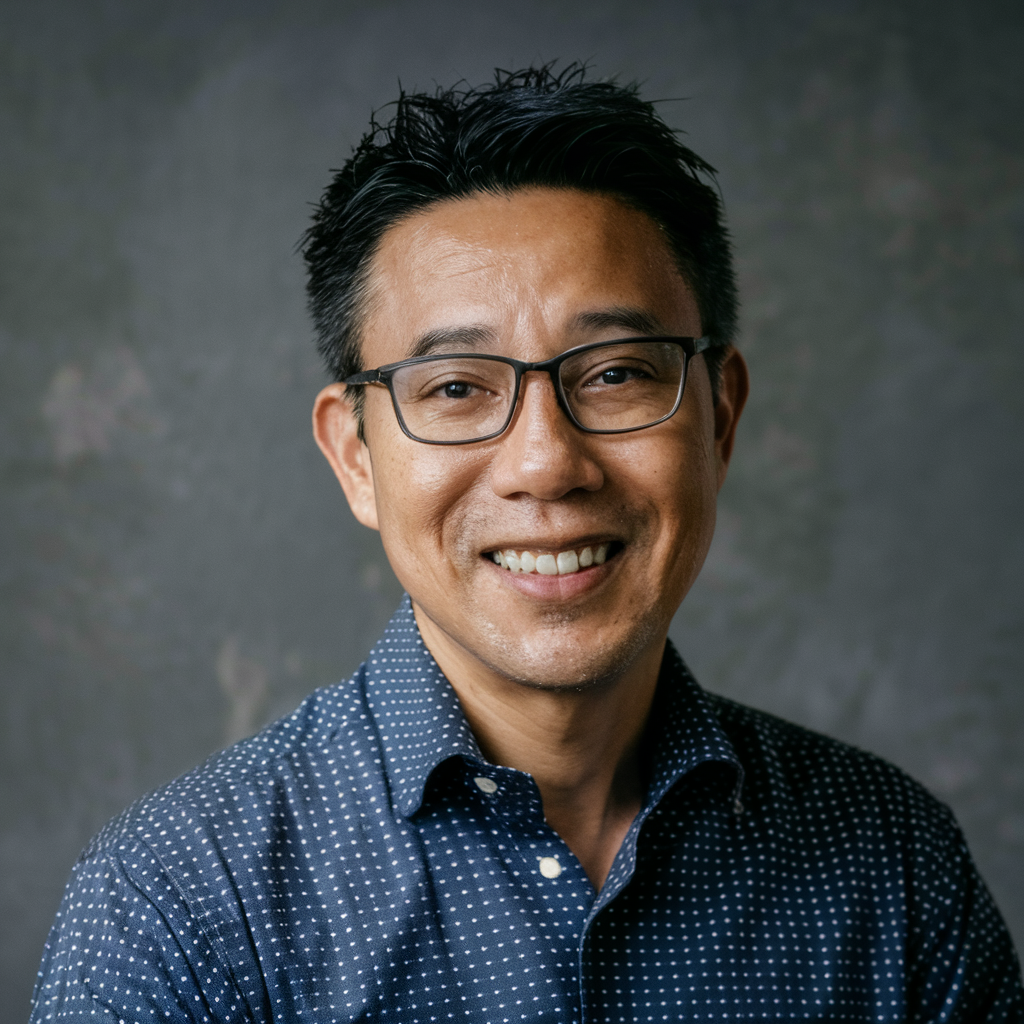
The author shares insights on trending topics, sparking conversations, and diving deep into current events. Join the discussion on today’s hottest issues and explore diverse perspectives. Let’s trend talk together!
